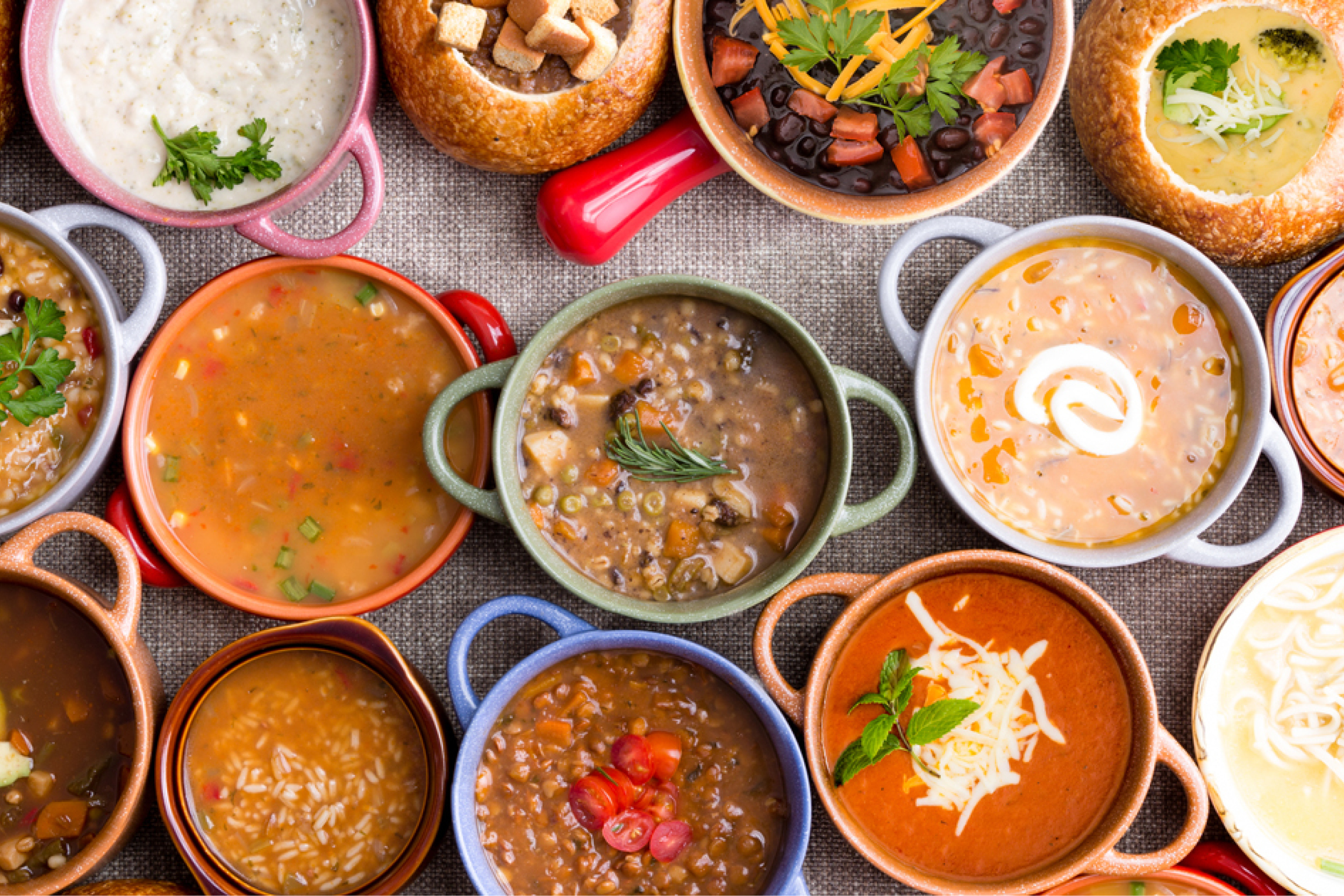A soft food diet may be recommended if you have recently had surgery (i.e. mouth, head, neck, stomach) or underwent radiation therapy to the head, neck, or stomach. There are two main types of soft food diets:
- Mechanical soft diet: This includes foods that require less chewing. The foods typically are chopped, ground, mashed or puréed and tend to be soft and tender.
- Puréed soft diet: This version is more restrictive; meals will only be puréed or liquid foods to make swallowing easier. The intention is to avoid chewing altogether.
Regardless of your recommendation, it is still important to eat a balanced diet and integrate a variety of foods, when able. Avoid foods that are difficult to chew such as nuts, seeds, and snack foods like popcorn, chips, or granola bars. It is important to make sure that you are getting enough nutrition:
- Fruits and vegetables (5 servings): Through smoothies and purées, you can enjoy canned, baked, or skinless soft fruits, applesauce, soft, cooked vegetables, and salad greens. Avoid hard or stringy fruits or fruits with skin, as well as hard or raw vegetables.
- Grains: Low fiber grains included in this diet are soft cereals, cream of wheat, oatmeal, soft pasta, white rice, soft breads, pancakes, and waffles. Avoid whole grains that are high in fiber.
- Protein (5-7 oz/day): Soft proteins includes tender poultry, flaky fish, tofu, smooth peanut butter, baked beans, and poached, scrambled, or boiled eggs. Avoid proteins that are difficult to chew like tough meat, jerky, bacon, sausage, and chunky peanut butter.
- Dairy (3 servings): This diet suggests high-protein dairy items such as Greek yogurt, thin-sliced cheeses, cottage cheese, ricotta cheese and milk.
On a soft foods diet, you should also aim to drink 8-10 glasses (8 oz) of water or liquid in addition to your nutritional items.

